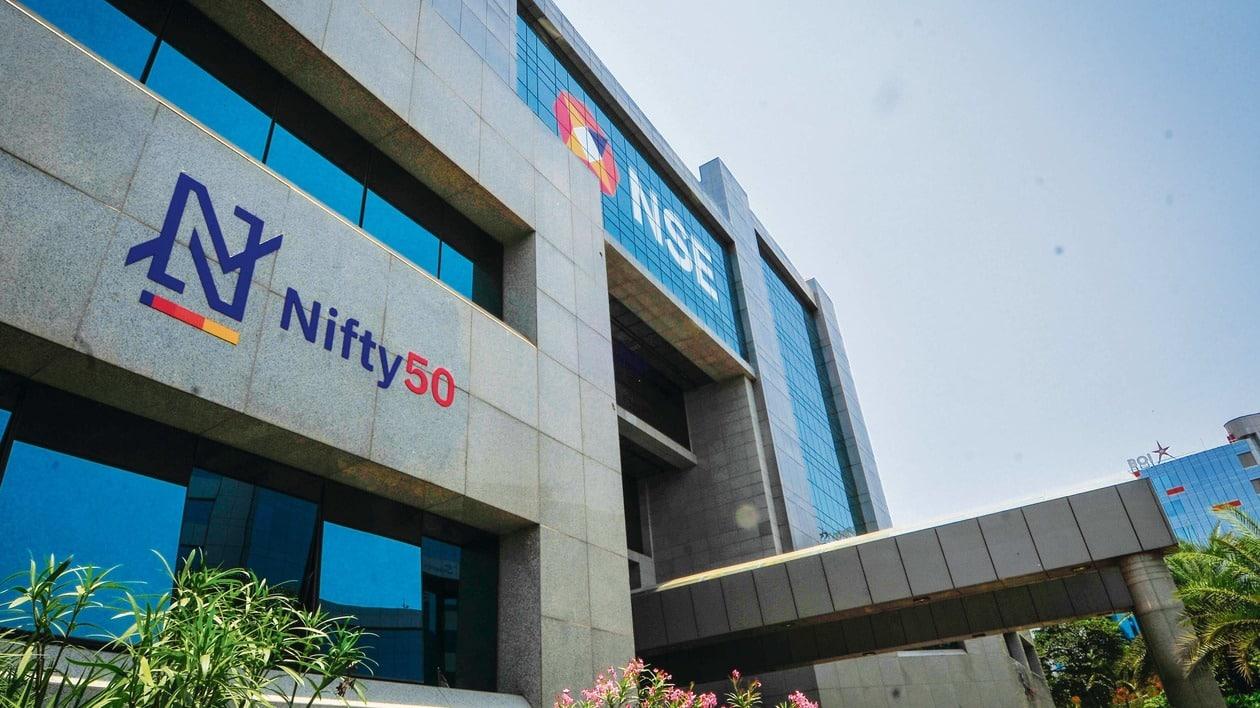A stock exchange is a marketplace where financial securities such as stocks, debentures are traded. Simply put, when you think of buying shares in a company, you do this via a stock exchange.
There are two major ones in India; Bombay Stock Exchange (BSE) and National Stock Exchange (NSE). You must have heard the terms Sensex and Nifty, we are sure. Sensex is BSE's index and Nifty is of NSE. Got it? Cool.
Now, trading on a stock exchange is subject to certain rules and regulations imposed by the regulating body like the Securities and Exchange Board of India (SEBI).
Features of a Stock Exchange:
Organised and Secure: Transactions in financial instruments at the stock exchange are governed by the guidelines of a government-recognized regulating body which makes the entire process safe and secure. In addition, the whole operation is conducted electronically. This adds transparency to the trading process.
Listed Companies: Only securities of companies that are featured on the official list of a stock exchange can be bought or sold. Firms can enlist only after extensive checks by the regulator. This safeguards the interests of the traders. On the other hand, being listed on a stock exchange benefits corporations in multiple ways and also adds to their prestige.
Member-only trading: Only members of a stock exchange have the right to trade in securities listed at the exchange. Memberships of a stock exchange are limited and can be acquired by paying a membership fee only when there is a vacancy. The members can trade for themselves or on the behalf of non-members i.e. act as a broker for potential investors. Non-members can trade securities through these authorised members only.
Market liquidity and growth: Stock exchanges play a vital role in market liquidity by aiding companies to raise capital and swift exchange of stock through electronic ordering without major price changes. Besides this, they mirror the health of the economy and develop an index indicating market growth.
To sum up, stock exchanges are important agents that enable economic efficiency by establishing a mechanism that anchors capital allocation and mobilisation of resources which ultimately contribute to the economic growth of a nation.
